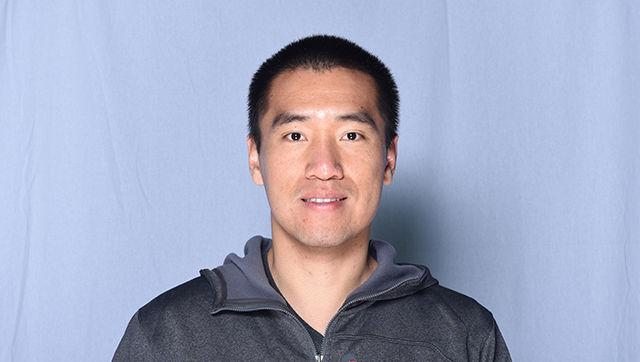This year’s presidential election has been seen, by many, as the most peculiar, eccentric and dramatic election in U.S. history. Both major parties offer a candidate who lacks the integrity, leadership and charisma necessary for the world’s most powerful position. Traditionally, young people don’t care much about elections as their parents and grandparents because politics and policy issues are dry, unentertaining and serious. Because of this, the turnout rate for youth voters had stayed below 50 percent for the last two decades, according to Pew Research Center.
But because of Bernie Sanders, young people, especially college students, were particularly enthusiastic about the election campaign this year. They care about politics even more than they did back in 2008 when Obama was campaigning. Though “youth engagement and support (alone) still cannot win an election,” as Frank Luntz, president of the consulting firm Luntz Global, pointed out in the New York Times, young people have demonstrated a powerful movement that will certainly influence this year’s election in some way or another.
Early this year, Luntz and his firm partnered with Snapchat to conduct a comprehensive survey concerning the preferences and potential political leanings in young Americans’ voting behaviors. The survey found a couple of startling conclusions.
First, about one third chose Bernie Sanders as the political figure they like and respect most , over President Obama, while only 9 percent chose Donald Trump. Secondly, 87 percent of those surveyed said they are likely to vote in this year’s presidential election . Among those surveyed, aged 18-26 , college students constituted a majority. Colleges are a place where students begin developing their critical thinking capabilities and applying them to mankind and society. When it comes to politics and public policies, college students should be able to avoid nonsensical ideologies by using reasoning to evaluate candidates’ policy proposals.
In many elections, candidates can be divided in two by their ways of thinking. The first of these candidates strongly subscribes to one ideology, such as socialism or libertarianism, and then they propose policies leading to what they expect to see. The second of these candidates are empirics, guided by practical experience, and solution-driven. They first observe what the statistics and cases are, identify the problems and then come up with possible solutions. But such candidates are cautious when it comes to guaranteeing a happy ending. Candidates in the first category are more appealing to voters. Bernie Sanders labeled himself as a democratic socialist and proposed many “free lunch” plans without mentioning the costs while Donald Trump has promised too many outcomes but suggested little solutions.
College students need to use their academic training to evaluate the candidates. In fields of science, engineering and social science, researchers tend not to have too many presumptive settings before digging into a topic. They usually identify a problem by observing data and events and then provide solutions with detailed oriented research, but they never guarantee a specific outcome. Instead, they usually suggest some caveat with their solutions. This is how a college student should approach social issues, not thinking what the world should be, but offering carefully examined solutions given the current condition.
Another aspect of college students’ engagement to the election is their ability to bring new ideas to the public debate rather than sticking with the old doctrines. For example, Marxism and communism theories had been experimented in Europe, East Asia and Latin American in the past century but they all failed. Thus, there is no need to bring it back to life and attempt to experiment it in America. Drawing comparison in college, students should not do the same experiment again, if the same experiment did not work before.
Unlike their parents who are concerned with financial and career security, college students are relatively secured and temporarily settled. This allows them to initiate debates concerning issues that older generations are not worried about. This is why colleges are a special place for college students to nurture their way of thinking and shape their mindset in a healthy way. Armed with the true value of higher education, they should be able educate, influence and even change the minds of the ideological fanatics, not advance them.














